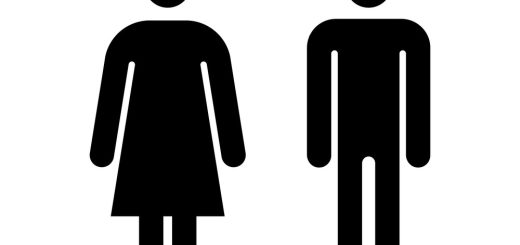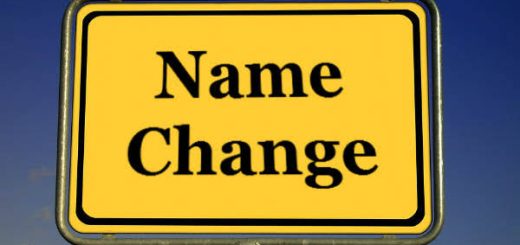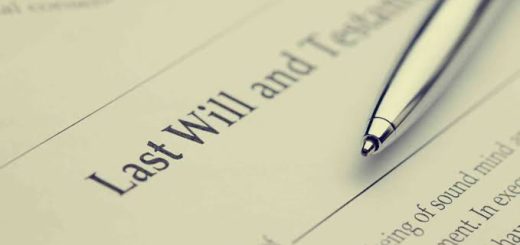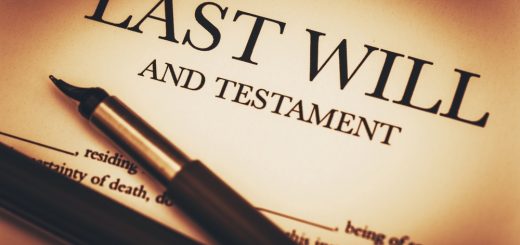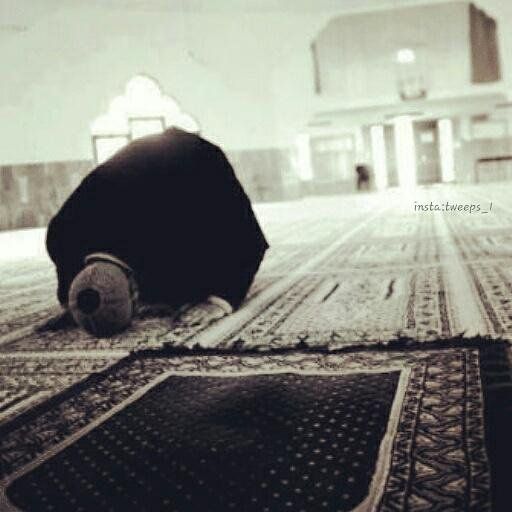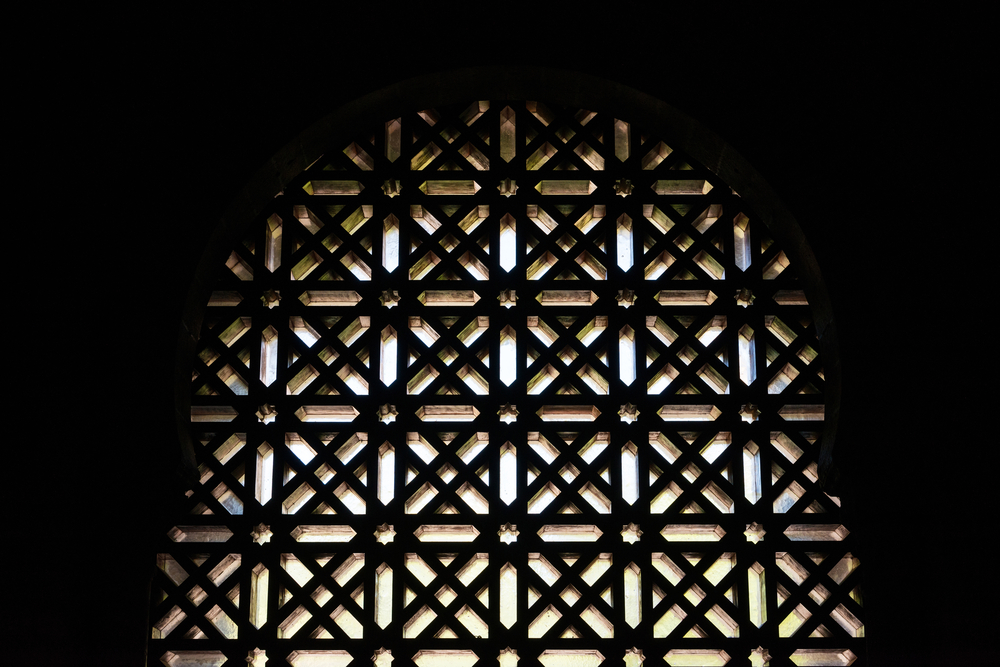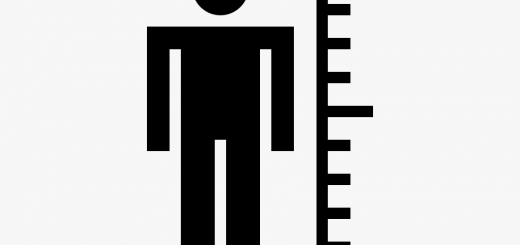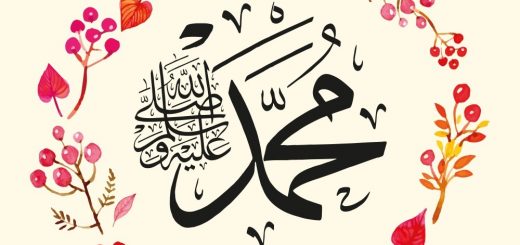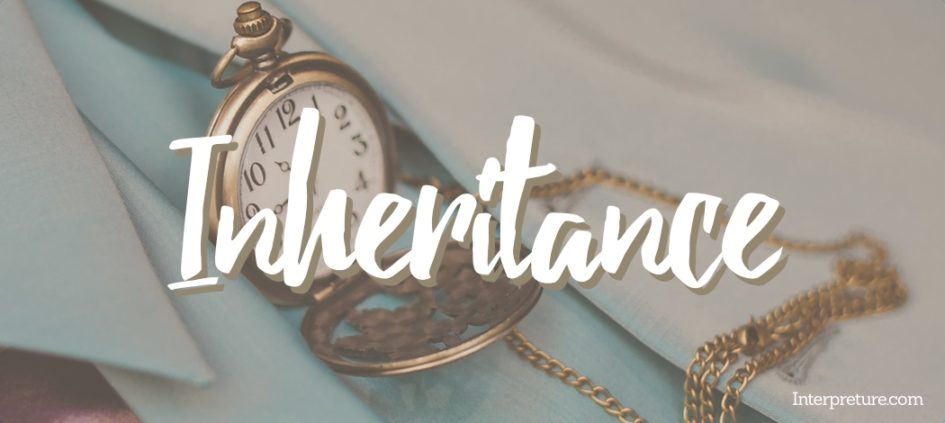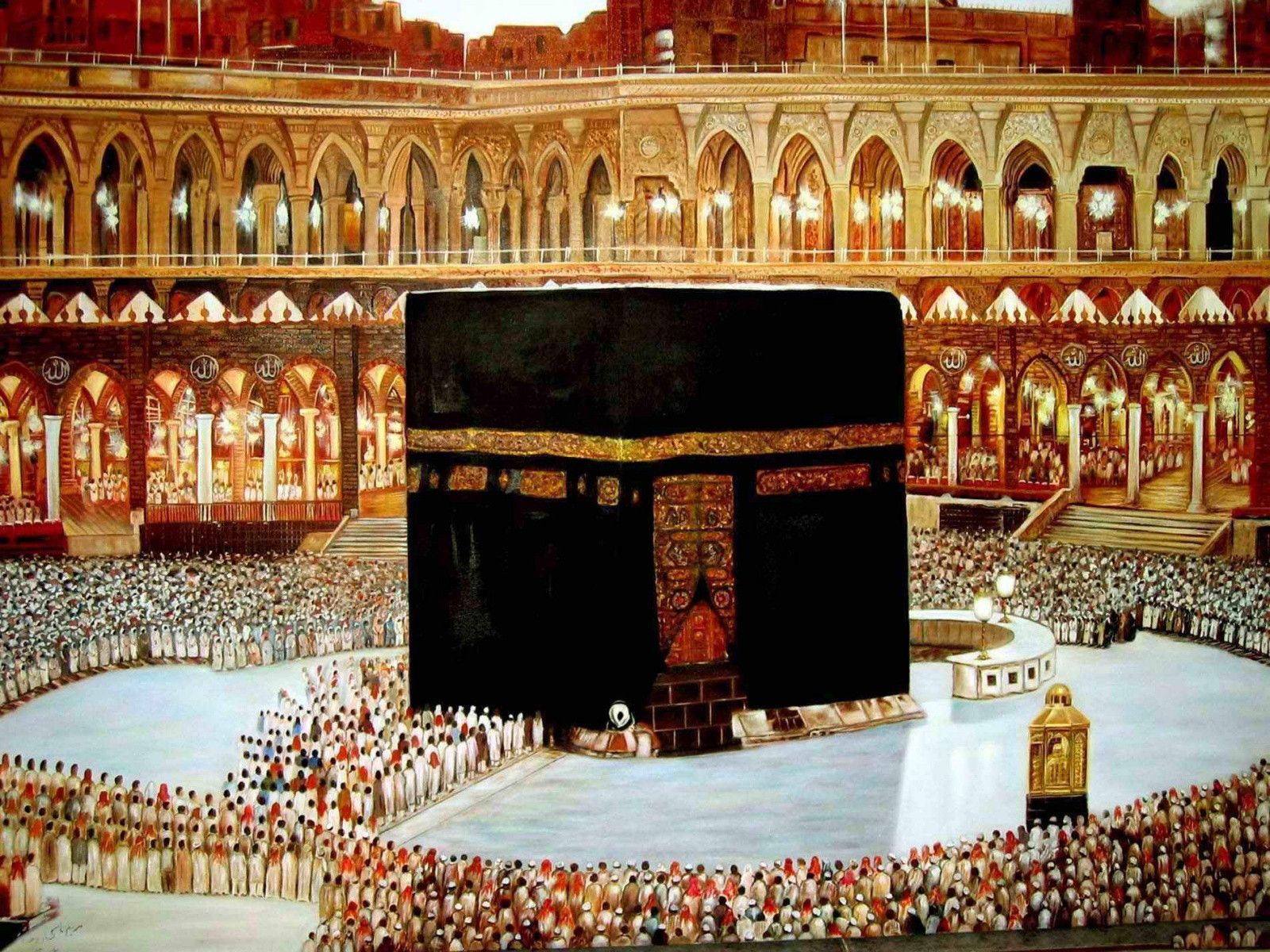QUESTION:
What do the scholars of the Dīn and muftīs of the Sacred Law state regarding the following issue: How is it to buy a property, etc from a Muslim who earns money by selling alcohol, also taking interest, and other harām jobs, because it is possible that this person initially bought it with this very wealth. Likewise, what is the ruling of buying something from a woman who earns money from prostitution, and also a Muslim singer who earns money from singing. So in this way, can we buy properties from Muslims who initially bought properties from their wealth earned from harām means?
Questioner: Brother from U.K.
ANSWER:
بسم اللہ الرحمن الرحیم
الجواب بعون الملک الوھاب اللھم ھدایۃ الحق والصواب
It is permissible to purchase properties from such Muslims so long as the agreement is not contracted with that exact money, and an agreement being contracted with this exact money is actually very difficult and far-fetched. For example, the person who earns harām showed the seller harām money at the time of contracting the purchase of a property and asked the seller to sell him the property in exchange for this money, then the seller agreeing and selling it in this manner. So the buyer would have actually bought this property with this harām wealth, and so now this property has become something repulsive, and this transaction is impermissible. However, if the agreement and payment are not done at the same time, meaning, the one with harām earning asks the seller to sell him the property without actually showing him the money, then the seller agreeing, and then he hands over harām money and buys the property – now it would be permissible if one was to buy this property from the one earning harām, because even though the one earning harām did initially buy the property with harām wealth, however the contracted agreement was not in regards to this harām amount of wealth. In other words, at the time of contracting the agreement, it was not the case that a particular payment was specified saying that I am buying so and so property in exchange for these specific currency notes. Rather, it was said in general terms that I am purchasing said property for £5000, even though later on it was actually that very harām money which was given as payment.
Likewise, when the person earning a harām living purchases a property having actually shown the harām money, in other words, he said to take this money and sell me so and so property, and if the seller agreed to sell this property in exchange for this money, but then the one earning harām does not give the money which the agreement was contracted upon, rather he hands over some lawfully attained wealth and buys the property, it is also permissible for you to then buy this property from such person in this case also, because even though the agreement was initially contracted upon harām wealth, however he gave some other money [i.e. halāl] in exchange for the property. In other words, the agreement did not coincide with the [harām] payment, thus you may purchase this property from said person in the above scenario. Although, it is better that such things not be bought from such people.
Just as Sayyidī Alā Hazrat, the Imām of the Ahl-e-Sunnat, Imām Ahmad Razā Khān, upon whom be countless mercies, was asked whether it is permissible or not for someone to buy something from a prostitute who initially bought something using the money earned from prostitution. So, in the answer to this question, he states that it will be permissible, provided that the contracted agreement and the payment have not coincided at the same time, otherwise one is not to purchase. For example, if a prostitute showed some harām money to the seller and said to him to sell the house in exchange for this, and the seller sold it, meaning it was sold for that specific harām money, so this has now become something vile.
کما ھوقول الامام الکرخی المفتی بہ کما فی التنویر وغیرہ
“Just as is the preferred & opinion of Imām al-Karkhī which the verdict is given upon, just as it is stated in al-Tanwīr, etc.”
And Allāh Almighty knows best.
[Durr al-Mukhtār Sharh Tanwīr al-Absār, vol 2, pg 202]
He has also stated in another place that the first case is that the contracted agreement and payment both coincide with this harām money when buying, meaning, a prostitute handed over harām money to the seller and said sell so and so item to me, and the seller sells it, or they showed the harām money and said give it in exchange for this, and the seller went ahead with it. This means that the seller has done so with payment of a harām kind, in this case, whatever the prostitute has bought also remains to be harām; like that of the money.
The second case is that the contracted agreement and payment do not coincide upon harām; neither did the prostitute give the money beforehand, nor show it for that matter, rather they asked for this item to be sold for a certain amount, and the seller sold it, even if the prostitute paid harām money, or asked for the item having showed some halāl money, then paid with harām instead, or asked for the item having shown some harām money, but paid with halāl instead. This is such that the first two cases do not entail the contracted agreement coinciding with harām, and the third case does not entail the payment coinciding with harām. In the second case, it is also better that one does not purchase this item from the prostitute either.
“لان کثیرا من مشائخنا ذھبوا الی تحریم الابدال مطلقا فیما کان الخبث فیہ لعدم الملک”
“This is because a lot of our Shuyūkh have gone towards the opinion of it still being harām, generally speaking, in the case of change of ownership; this is when there is vileness found in that particular matter due to there being an absence of ownership.”
Even then if one was to still go ahead and purchase said item, the prostitute is responsible for his/her actions; this item which was bought will neither be regarded as harām for them nor someone else buying it from them.
لان جمہور ائمتنا المتاخرین افتوا بقول الامام الکرخی المفصل بالتفصیل المذکور رفقا بالمسلمین نظرا الی حال ھذا الزمان الفاشی فیہ الحرام بل منھم من زعم حل الابدال مطلقا فیما لایتعین بالتعین فی ردالمحتار عن التتارخانیۃ والوالجیۃ الفتوی الیوم علی قول الکرخی دفعا للحرج لکثرۃ الحرام
“This is because most of our latter Imāms have given the verdict on the opinion of Imām al-Karkhī, which has been detailed in the aforementioned explanation, while considering ease for Muslims and looking at the situation of today’s day and age in which there is an increase of harām. In fact, there are even some Imāms among these who think that a change of ownership causes it to become halāl in the case of something not being specified even after one has attempted to specify it [referring to the case of specifying halāl/harām money but giving the opposite type][1]. It is mentioned in Radd al-Muhtār in reference to Tatārkhāniyyah and Walwālijiyyah that the verdict is upon the opinion of Imām al-Karkhī in order to rid difficulty due to the plethora of harām.”
[Radd al-Muhtār, vol 4, pg 219]
[Fatāwā Ridawiyyah, pg 23, pg 507-512]
[1] Money is not something which becomes specified by specifying it, as compared to a product, which can in fact be specified.
واللہ تعالی اعلم ورسولہ اعلم صلی اللہ علیہ وآلہ وسلم
کتبہ ابو الحسن محمد قاسم ضیاء قادری
Answered by Mufti Qasim Zia al-Qadri
Translated by Haider Ali
Read the original Urdu answer here: [Q-ID0673] What is the ruling on buying a property from someone who originally bought it with Haram money (such as a drug-dealer)?
Also see:
[Q-ID0245] Should we inform the police of drug dealers or should we conceal their sins?



